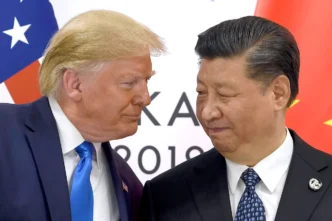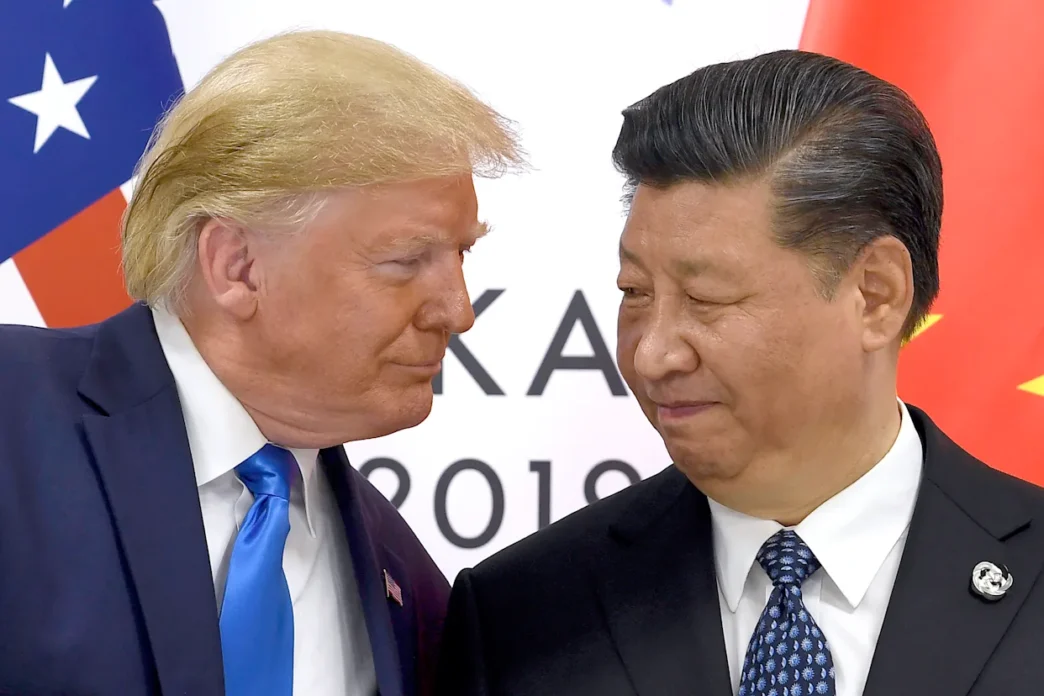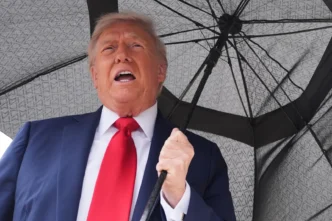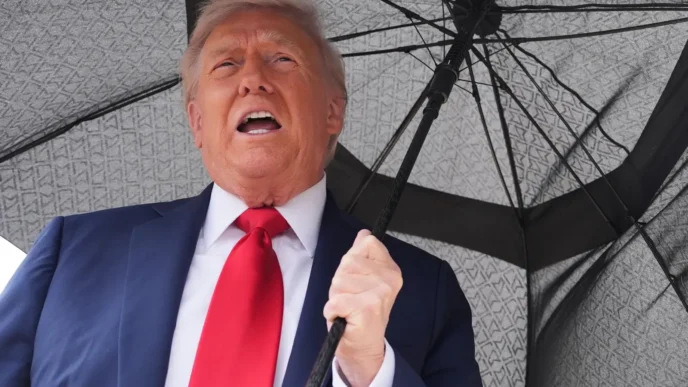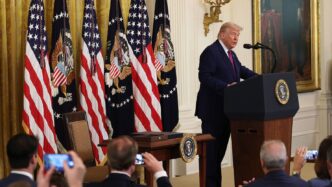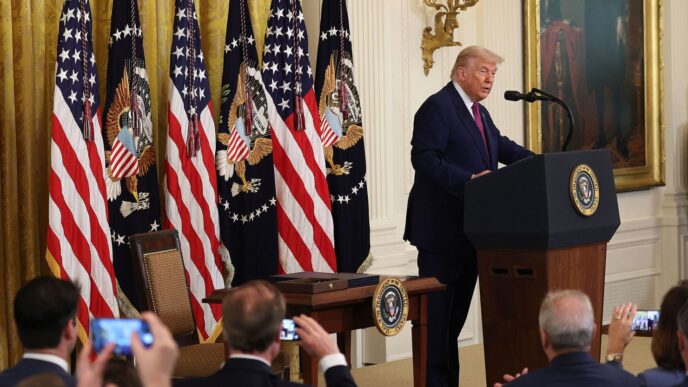U.S. President Donald Trump has announced a sweeping 100% tariff on all Chinese goods, intensifying economic friction between the world’s two largest economies.
The new tariffs set to take effect on November 1, 2025, will be in addition to the existing 30% duties already imposed on Chinese imports, bringing the total rate to a staggering 130%.
The move comes after China introduced expanded export controls on rare earth elements, which are essential for high-tech manufacturing and defense industries.
In a fiery post on his Truth Social platform, President Trump wrote:
“It has just been learned that China has taken an extraordinarily aggressive position on trade… effective November 1st, 2025, impose large-scale export controls on virtually every product they make, and some not even made by them.”
He further described the move as “absolutely unheard of in international trade, and a moral disgrace in dealing with other nations.”
Trump added that the new tariffs were “reciprocal” and could be implemented earlier “depending on any further actions or changes taken by China.”
According to the White House, the administration is also preparing to impose new export restrictions on critical U.S. software, potentially targeting Chinese technology sectors in response to Beijing’s rare earth controls.
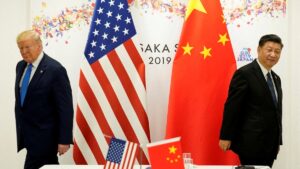
The trade tariffs, analysts say, could affect consumer prices in the U.S. and disrupt supply chains dependent on Chinese raw materials.
Moreover, the timing just weeks before a planned meeting with Chinese President Xi Jinping adds uncertainty to diplomatic relations.
Earlier Friday, Trump hinted at canceling the meeting, saying, “There’s no reason to have it,” following China’s announcement.
However, later that evening he appeared to walk back the threat.
“No, I haven’t canceled, but I don’t know that we’re gonna have it,” he told reporters. “But I’m gonna be there regardless so I would assume we might have it.”
The meeting, which was announced by Washington but not confirmed by Beijing, was expected to take place in South Korea in late October.
China’s latest export restrictions target rare earth minerals, vital components in the production of smartphones, electric vehicles, and military hardware.
The nation currently dominates the global supply chain for these critical materials, controlling over 80% of the market.
